The 2024 Basketball Africa League (BAL) concluded with an exceptional display of talent, marking one of the most competitive seasons in the league’s history.
Over 50 national team players from across Africa showcased their skills, making a significant impact on the tournament’s outcome.
This year’s BAL highlighted the prowess of athletes from Angola, Côte d’Ivoire, Egypt, Libya, Mali, Morocco, Nigeria, Senegal, South Africa, South Sudan, and Tunisia.
The involvement of these national team players not only increased the competitiveness of the league but also provided a glimpse into the future of African basketball.
Notably, nine of these countries are set to compete in the 2025 FIBA AfroBasket Qualifiers, and eight participated in the 2023 FIBA Basketball World Cup African Qualifiers, underscoring the high level of talent on display in the BAL.
Among the standout performers, South Sudan’s Jo Lual Acuil Jr. emerged as a dominant force. Acuil Jr. not only clinched the MVP and Defensive Player of the Year awards but also led Libya’s Al Ahly Ly (Benghazi) to a commendable second-place finish in their debut appearance.
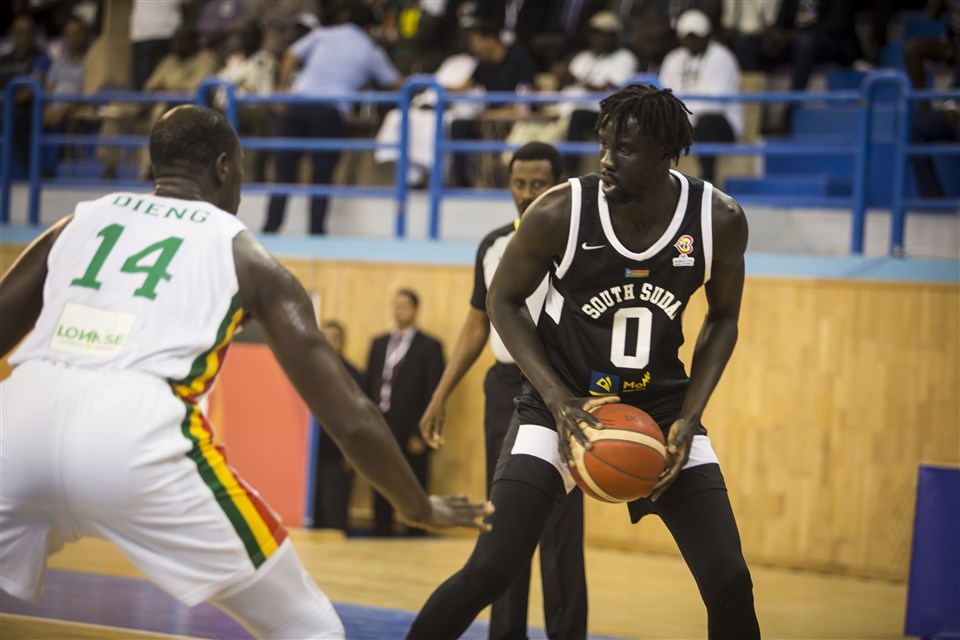
His impressive performance earned him a spot in the All-BAL First Team, alongside USA’s Will Perry and Chris Crawford, Mali’s Aliou Diarra, and South Africa’s Samkelo Cele.
Acuil Jr.’s contribution was instrumental in Al Ahly Ly’s success. His presence on the court, both offensively and defensively, was a key factor in their impressive run.
His accolades as MVP and Defensive Player of the Year are a testament to his all-around capabilities and his significant impact on the league.
Mali’s Aliou Diarra, the 2022 Defensive Player of the Year, continued to showcase his defensive prowess for Morocco’s FUS Rabat.
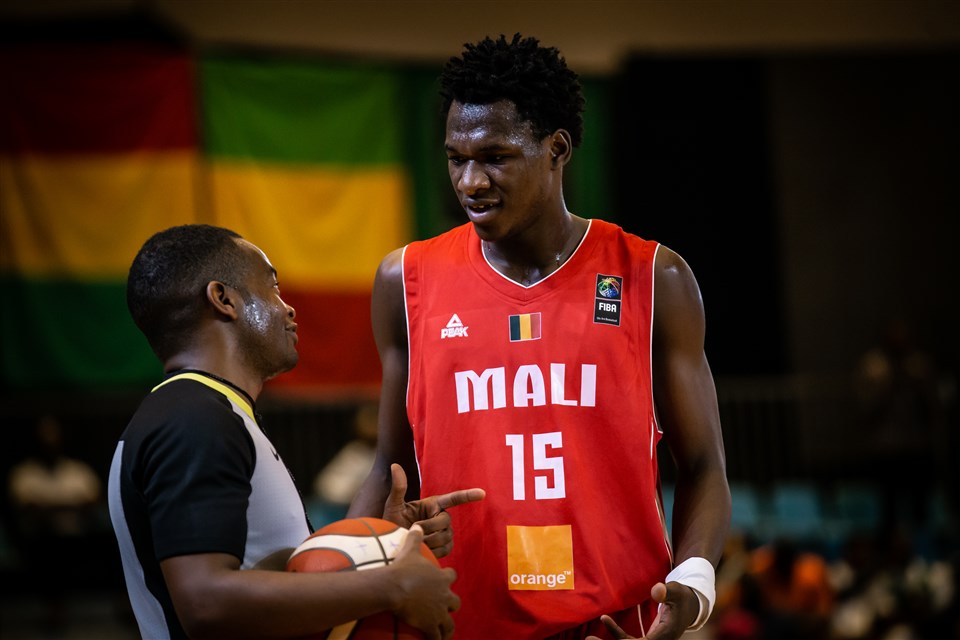
Diarra’s performance in the Quarter-Finals against Cape Town Tigers was particularly noteworthy, as he averaged 16.5 points, 10 rebounds, and 2.3 blocks per game. Despite FUS Rabat falling short in an overtime thriller, Diarra’s contributions were invaluable.
South Africa’s Samkelo Cele also made a significant impact, being named to the All-BAL Defensive Team for the second consecutive season.
Cele’s defensive efforts, combined with his clutch shooting, including a game-tying buzzer-beater three-pointer, highlighted his importance to the Cape Town Tigers’ campaign.
Angola’s Childe Dundao of Petro de Luanda proved that size isn’t everything in basketball. Despite his low center of gravity, Dundao’s defensive tenacity and leadership on the court were crucial.
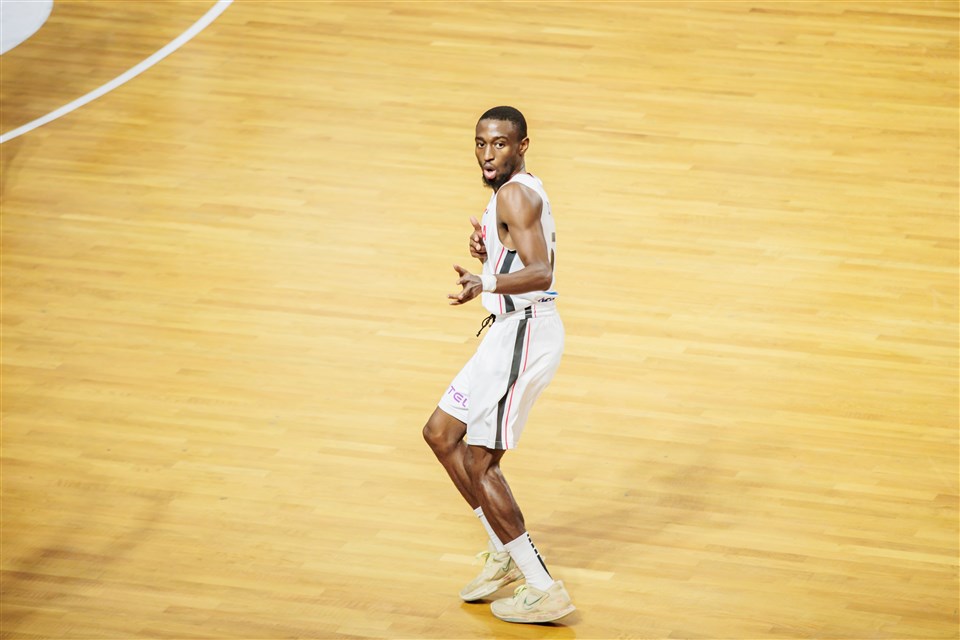
Although Petro struggled initially in the Kalahari Conference, Dundao’s average of 10.8 points, 3.1 rebounds, and 3.8 assists per game helped propel the team to their maiden BAL title.
Côte d’Ivoire’s Solo Diabate, at 36 years old, demonstrated that experience is invaluable. His leadership and performance, averaging 11.3 points and six assists per game, were key to Al Ahly Ly’s impressive run.
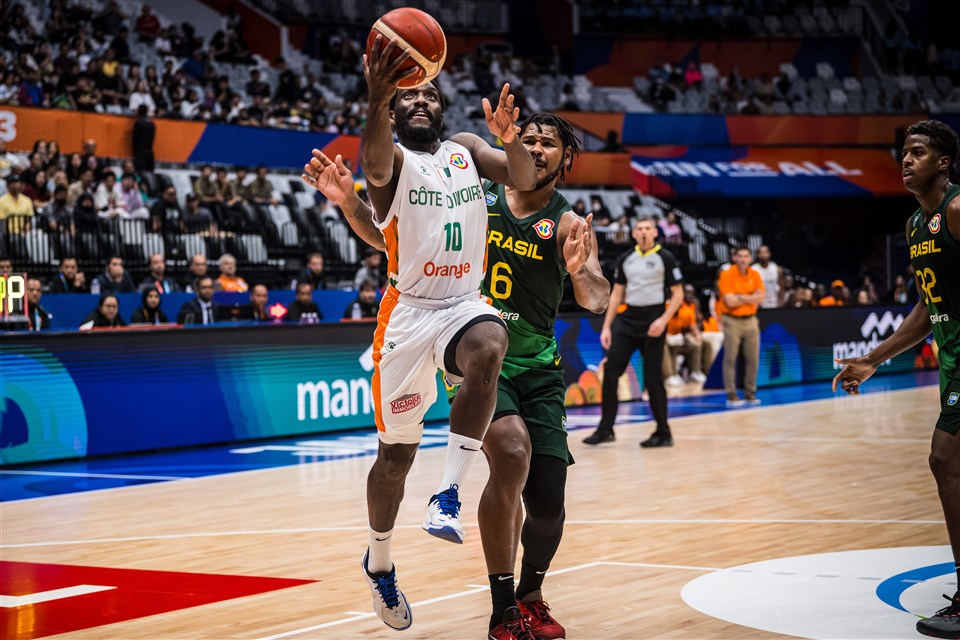
Diabate’s ability to deliver in crucial moments, including a memorable poster dunk in the final, highlighted his enduring quality.
Nigeria’s Devine Eke brought energy and versatility to the River Hoopers. Eke’s contributions, with averages of 16 points, 11.3 rebounds, and 2.3 assists per game, were instrumental in the Hoopers’ first-place finish in the Sahara Conference and third overall in the 2024 BAL.
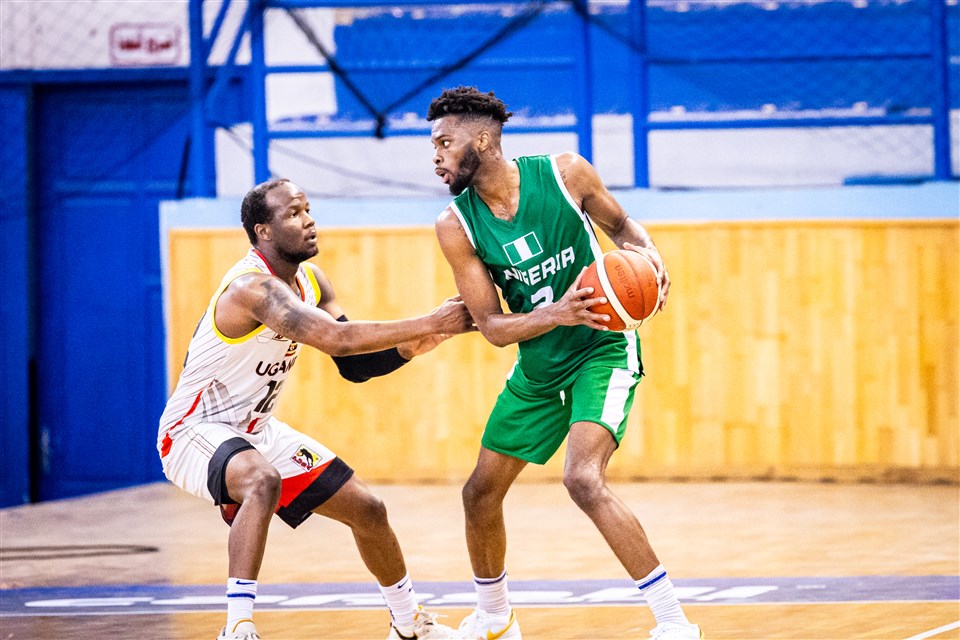
His standout performance in the battle for third place, scoring 20 points against Cape Town Tigers, was a testament to his impact.
Despite an excellent season, Ehab Amin and Al Ahly SC were unable to defend their BAL title, bowing out in the Quarter-Finals.
Amin’s averages of 13.1 points, 5.8 rebounds, and 3.1 assists per game highlighted his importance to the team, but it was not enough to see them through to the later stages.
Tunisia’s Oussama Marnaoui showed promise for US Monastir, helping them recover from a 0-3 start in the Sahara Conference to make the Playoffs. Although they did not advance beyond the Quarter-Finals, Marnaoui’s development as a scoring threat bodes well for the future of the team.
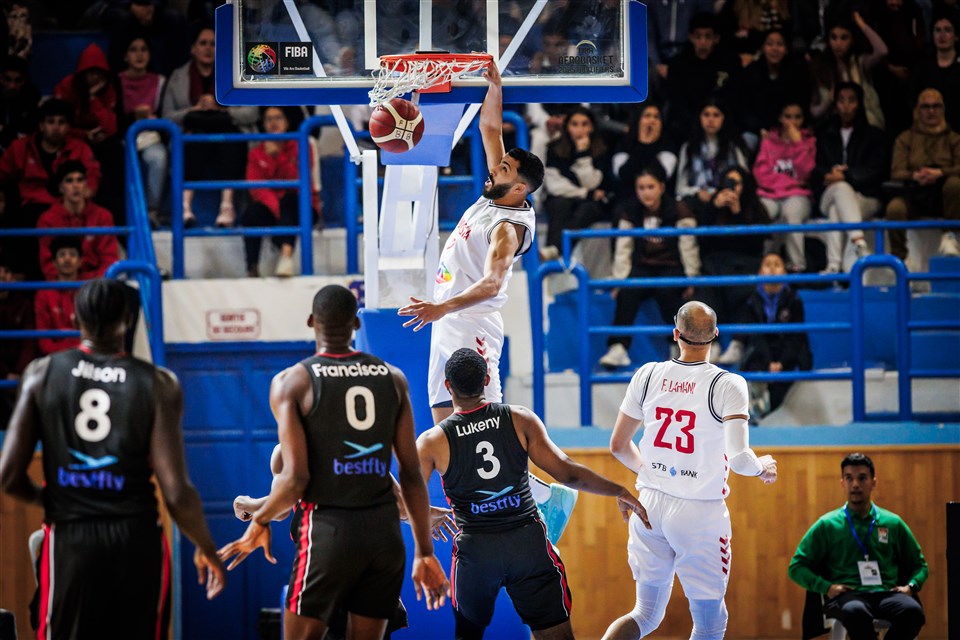
Several other national team players made significant contributions to their respective teams. DR Congo’s Rolly Fula, Angola’s Gerson Lukeny, Aboubacar Gakou, and Yanick Moreira, Côte d’Ivoire’s Mike Fofana, South Sudan’s Majok Deng, Morocco’s John Wilkins, Ayoub Nouhi, Abdelhakim Zouita, Yacine Baeri, and Soufiane Benmhine, Libya’s Ghaithy Almaghribi, South Africa’s Nkosinathi Sibanyoni, Senegal’s Jean Jacques Boissy, Niger’s Abdoulaye Harouna, and Egypt’s Patrick Gardner were among those who left their mark on the 2024 BAL season.
These players not only elevated the level of competition but also set the stage for their potential roles in upcoming national team competitions. Their performances in the BAL serve as a precursor to the excitement and talent we can expect to see in the 2025 FIBA AfroBasket Qualifiers and beyond.
The 2024 BAL season was a testament to the growing talent and competitiveness of African basketball. National team players from across the continent showcased their skills, making significant impacts on their teams and the league as a whole.
As these players prepare for future international competitions, their performances in the BAL will undoubtedly serve as a foundation for their continued success on the global stage.
Photo: FIBA
